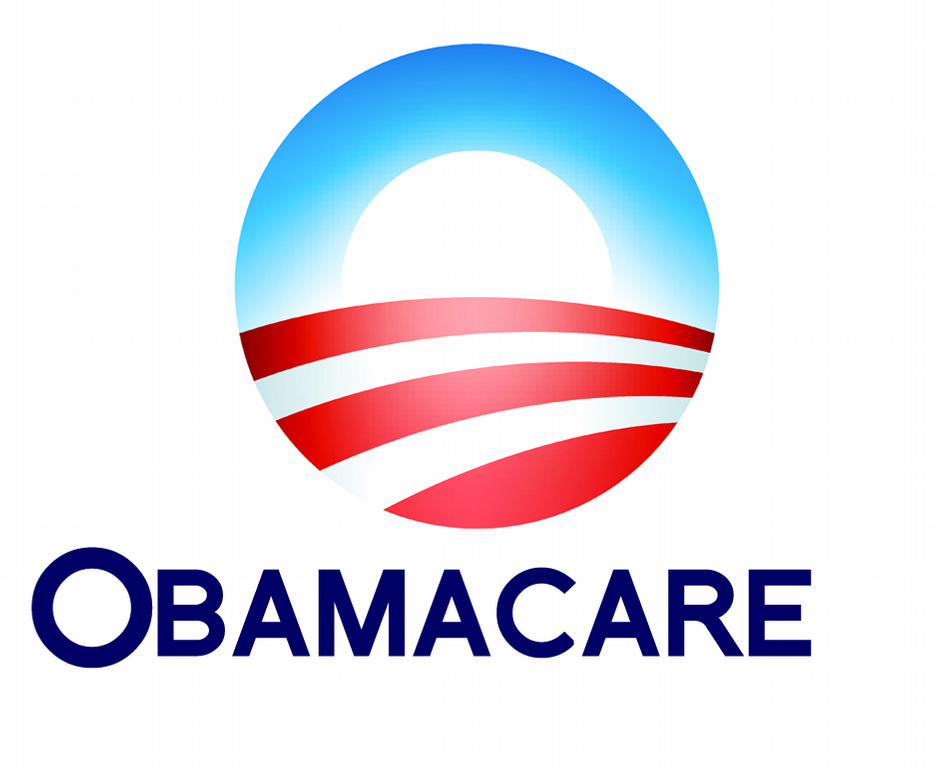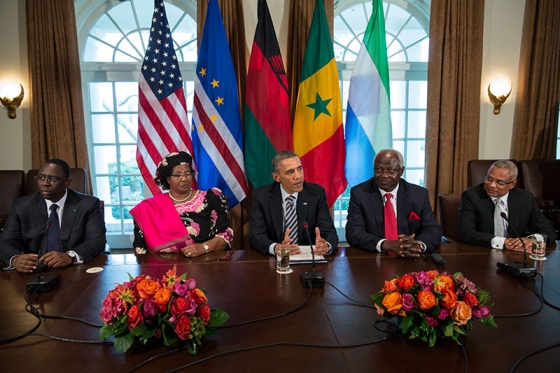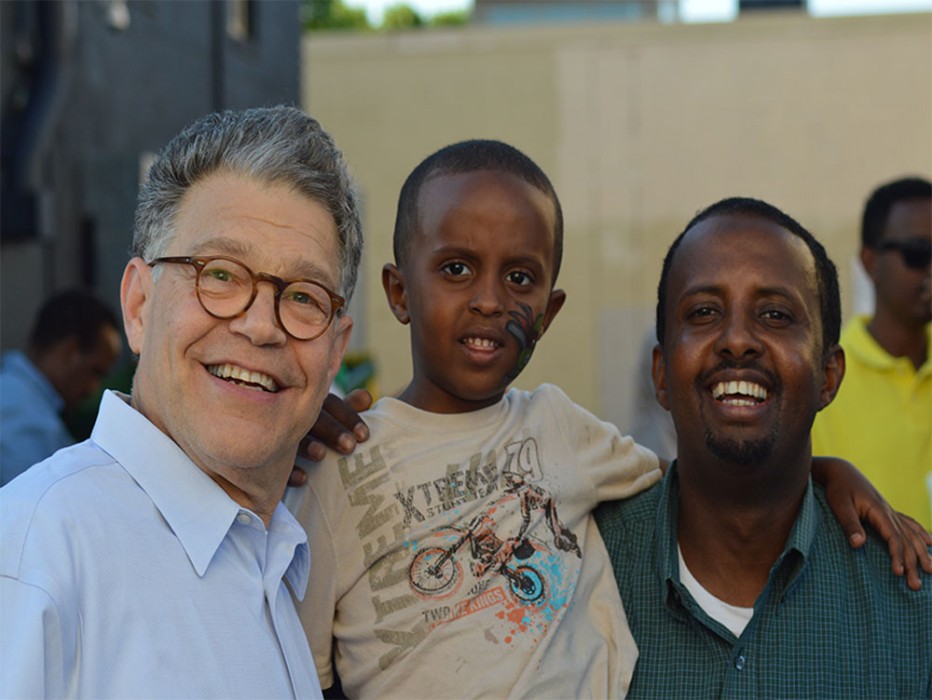There are generally four ways to obtain permanent residence in the . One way is to have a relative who is a United States Citizen or permanent resident file a petition on behalf of the foreign national. The second is to have an employer make a job offer to the foreign national for permanent employment for a job where there are not enough workers available to fill the positions. The third is to obtain status in the as a refugee or an asylee (someone who has been granted political asylum). Finally, a person may obtain permanent residence through a special program such as the diversity lottery or NACARA.
This article will focus on how an individual can obtain permanent residence through a family member.
The main goal of family-based immigration is to reunited families. Based on this goal the has established a system whereby close family members of citizens and permanent residents can come to the legally to rejoin their family members.
Family members are admitted to the as either an immediate relative of citizen or under the family-based preference system. Immediate relatives are the spouses of citizens, the minor, unmarried children of citizens and the parents of citizens. Under the preference system, adult children of citizens (both married and unmarried) as well as the spouses and the unmarried minor and adult children of a permanent resident can obtain permanent residence.
The preference categories have been established because Congress has set an annual limit on the number of foreign nationals that came be admitted to the as permanent residents based on both family-based or employment based immigration. The limitation for family-based immigration is 480,000. Because of this limitation, the government has set up a system in which each person who applies for permanent residence must have an immigrant number available for them before they can get a green card. There is no numerical cap on the number of immediate relatives who are admitted as permanent residents. However, the number of immediate relatives admitted each year is subtracted from the 480,000 cap on family-based immigration to determine the number of other family-based immigrants that will be admitted the following year. In addition Congress has set a floor of 226,000 immigrant numbers for the family-based immigration.
In addition to these limits, Congress has established pre-country limits on the number of immigrant numbers that are available. Because there are so many people in the world applying for permanent residence in the , the number of people seeking permanent residence is greater than the number of immigrant numbers that have been allotted for that particular year. Therefore, backlogs have arisen.
FAMILY-SPONSORED PREFERENCES
The family-based preferences are broken down as follows.
First Preference: Unmarried Sons and Daughters of Citizens;
Second Preference: Spouses and Children, and Unmarried Sons and Daughters of Permanent Residents (The second preference is and is broken down further into two subcategories:
A. Spouses and Children (minor) and,
B. Unmarried Sons and Daughters (21 years of age or older);
Third Preference: Married Sons and Daughters of Citizens: and,
Fourth Preference: Brothers and Sisters of Adult Citizens.
Based on these categories, the United States Government through the State Department publishes the Visa Bulletin each month. The Visa Bulletin sets out the backlog by listing priority dates for each category as well as the Countries that have reached their numerical limit of immigrant numbers. The priority date is the date on which their family-based petition was filed and the State Department lists priority dates to advise people that an immigrant number is available for cases filed on or before the date listed in a given month.
Below is an example of the visa bulletin priority dates for cases that will be processed in March 2006.
| All Chargeability Areas Except Those Listed
| CHINA-mainland born
|
|
| PHILIP-PINES
|
Family
|
|
|
|
|
|
1st
| 22APR01
| 22APR01
| 22APR01
| 08AUG94
| 22AUG91
|
2A*
| 22FEB02
| 22FEB02
| 22FEB02
| 15MAY99
| 22FEB02
|
2B
| 08JUL96
| 08JUL96
| 08JUL96
| 15FEB92
| 08JUL96
|
3rd
| 22JUL98
| 22JUL98
| 22JUL98
| 01JAN95
| 08FEB91
|
4th
| 01OCT94
| 01OCT94
| 22MAR94
| 22MAY93
| 01OCT83
|
As you can see from this chart, , , and the are backed up further because these Countries have also reached the per country limits. This chart indicates that petitions filed on or before the date listed can in the moth of March 2006 can apply for permanent residence. For example, take the All Chargeability category for the 1st preference. This category lists a priority date of April 22, 2001. This means that petitions that where filed on or before April 22, 2001 can in the moth of March 2006 file for permanent residence.
A copy of the monthly visa bulletin can be obtained from the U.S. State Department website at http://www.travel.state.gov/visa/frvi/bulletin/bulletin_1360.htmlt.
A family member initiates the process for a qualifying relative by filing an I-130 Alien Relative Petition. If the relative is an immediate relative, they can process their application for permanent residence by either appling for an immigrant visa outside the once the I-130 is approved or by filing an I-485 application for adjustment of status if they are in the and last entered the with a visa or parole. If on the other hand the immediate relative last entered the without being inspected by an immigration officer and is illegally in the that relative will also have to apply for an immigrant visa outside the . This is a very complicated situation because depending on how long someone has been in the illegally, they may be barred from returning to the once they leave to process an immigrant visa. Immigrants in this situation must consult an immigration attorney before they make any decision to leave the Country to process a visa.
With regard to family preference petitions, the immigrant will have to wait until their priority date is reached before they can apply for either an immigrant visa or adjustment of status. Also the general rule is that if the immigrant is in the United States when their priority date is reached they will also have to be in a valid immigration status (such as a student or visitor) in order to file for adjustment of status in the United States. Again these situations can get very complicated and anyone who is processing an immigrant petition based on a family preference petition must seek the advice of an immigration attorney before making any decisions to either process their case in the or leave the Country to process an immigrant visa.
Nothing on this page should be taken as legal advice for any individual case or situation. The information is intended to be general and should not be relied upon for any specific situation. For legal advice, consult an attorney experienced in immigration law.
About Igbanugo Partners International Law Firm
Igbanugo Partners Int'l Law Firm is based in Minneapolis, Minnesota. It focuses on (1) U.S. immigration law and (2) international trade law in Sub-Saharan Africa.
- Web |
- More Posts(71)







